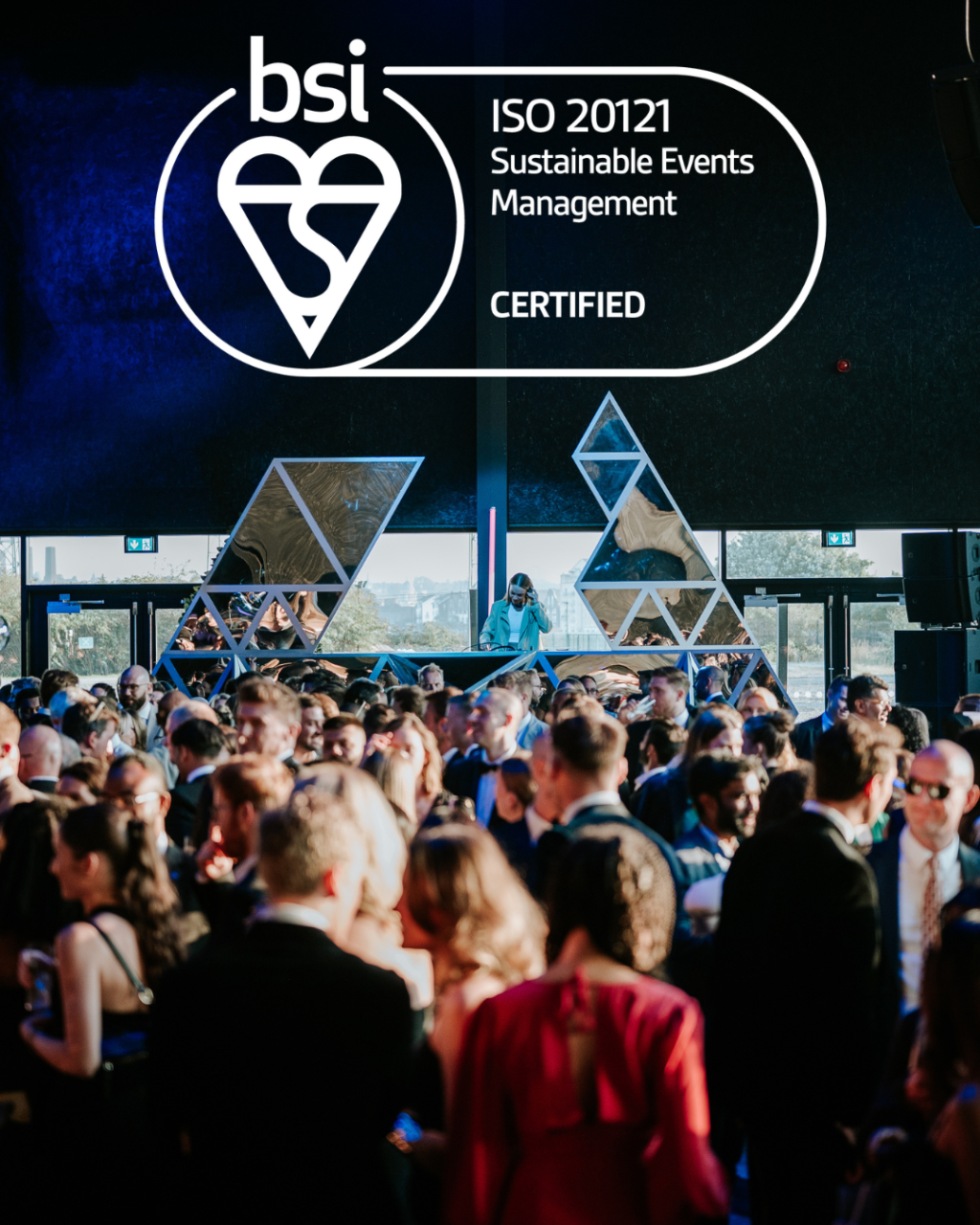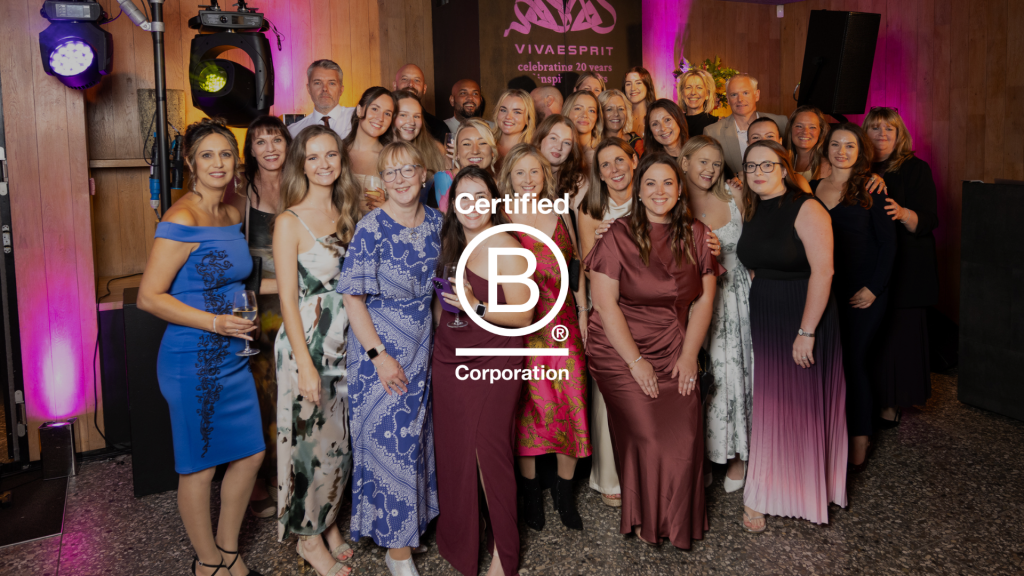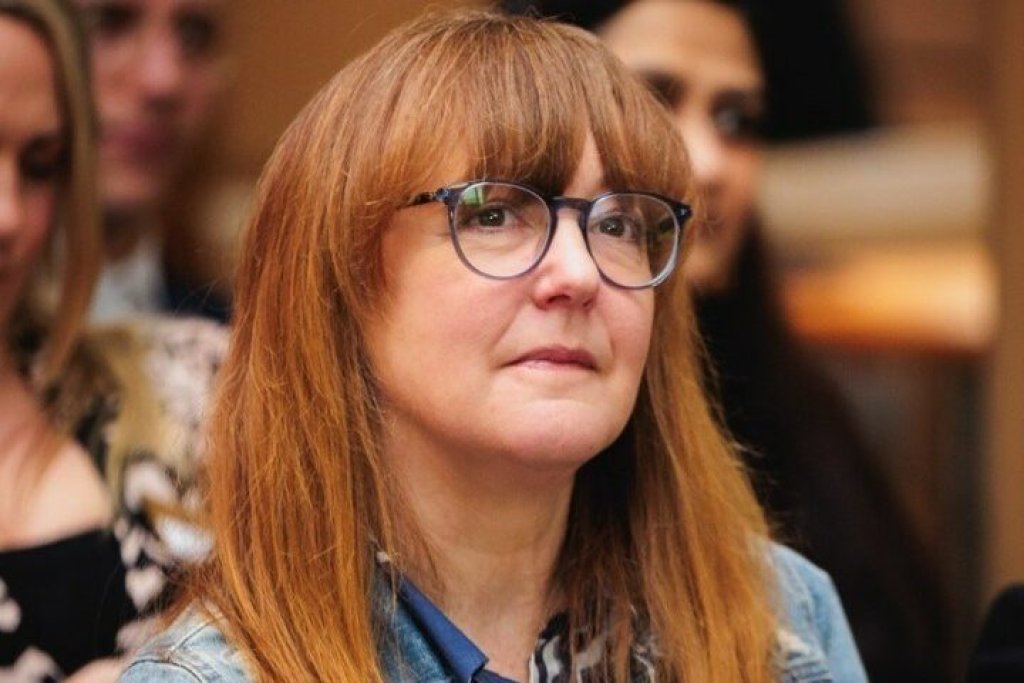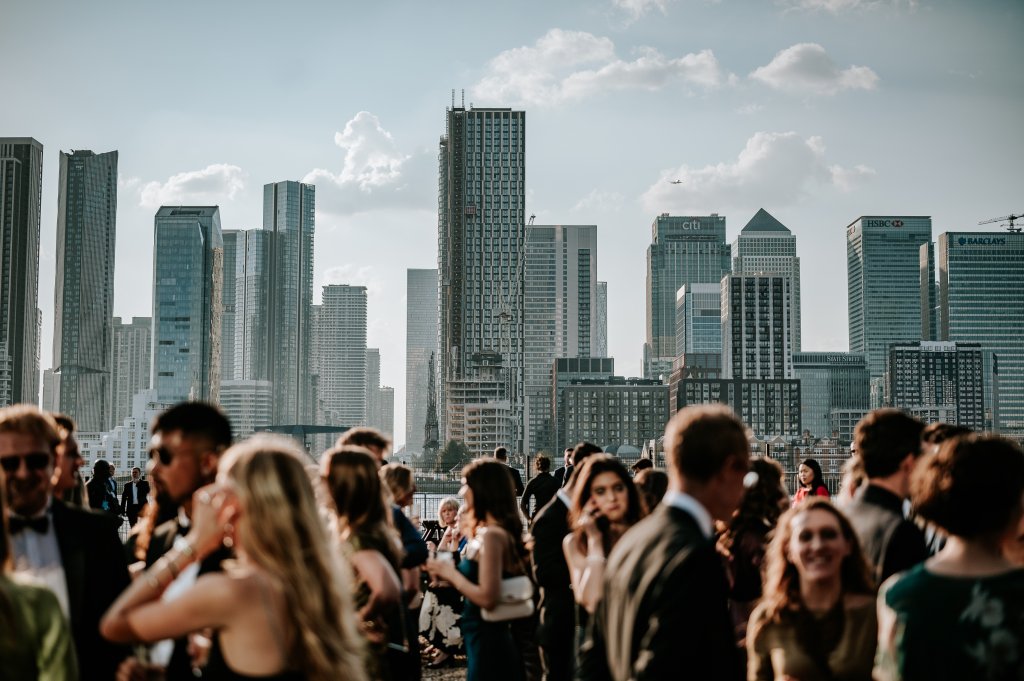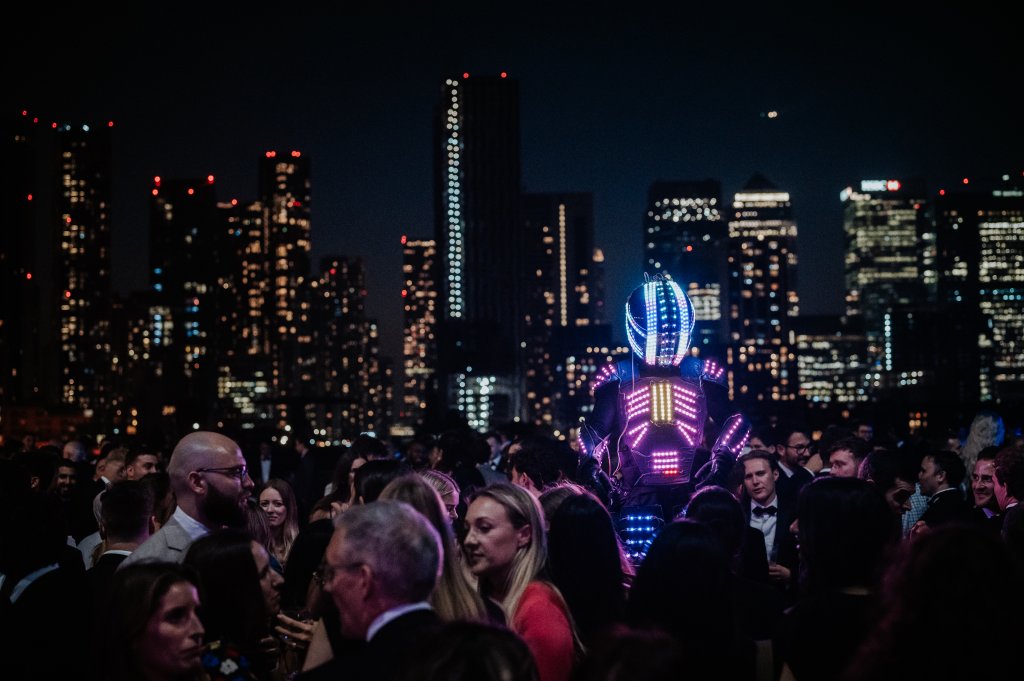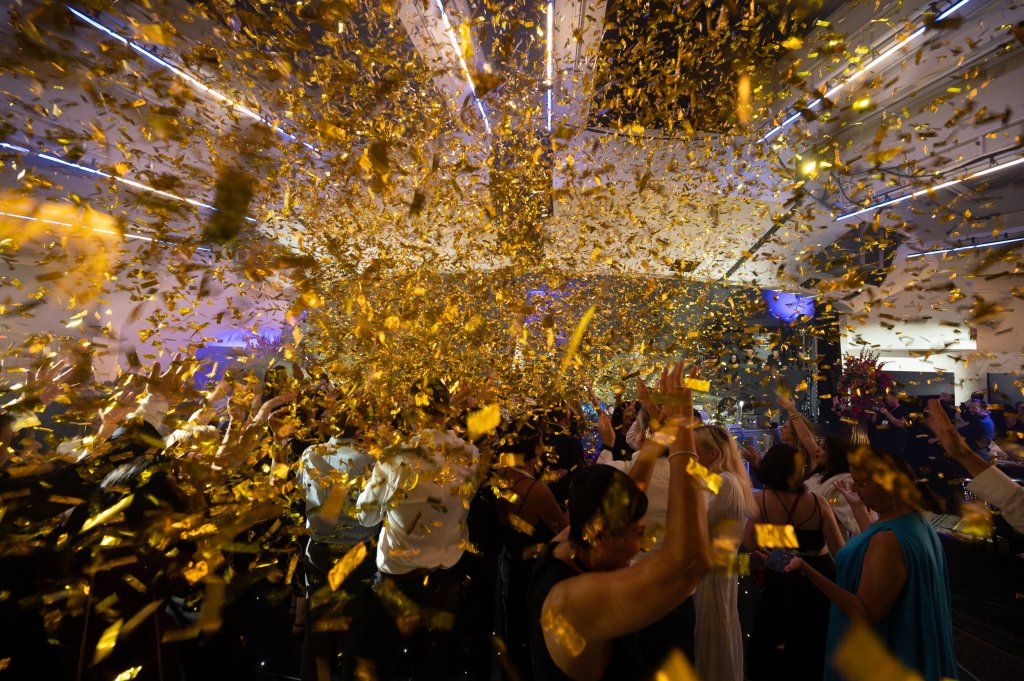Working with an agency is a collaborative experience, and in order to get the results you want, giving your agency a comprehensive brief is essential. So what does that look like?
You’re organising an event – that’s a big deal. You want to get it perfect, so you speak to your event agency, knowing they can put together exactly what you are looking for! But they can’t do it alone. Your part in the planning comes with the agency brief. The more robust it is, the more likely the agency will deliver an outstanding event that meets your expectations.
We’ve received hundreds of briefs in our time, and we can wholeheartedly say that time spent in this crucial moment is time well spent. Here’s how we advise you approach the event brief to get the best results.
Key event brief advice:
Be thorough - The more detail, the less room for ambiguity, especially if you have a clear idea of what you want
Be clear - Ensure your brief makes sense when you read it back to avoid any confusion further down the line
Be open - We love when clients have bold creative ideas, and we’ll always do our best to deliver them, within realistic boundaries. We may at times suggest changes based in our wealth of experience, but if you can be open to them, you won’t regret trusting the process because the results will be well worth it.
What goes in an event agency brief?
We plan a vast range of events, from conferences and work parties to weddings and luxury birthday parties, but the core considerations for all of these events remain largely the same: location, accommodation, guests and transportation being the largest across them all. So your brief will always place a heavy weight on these. There are a few areas here that we tend to ask about...
1. The basics
Gathering the basic information may seem obvious, but it provides a solid foundation for all that comes after. The basics cover key contact details, type of event, number of guests, budget, locations (which may be multiple, over a number of hours or days) and dates.
Even if you’ve not confirmed everything internally at this point, it’s worth adding a good estimate to work towards, and making it clear that this is subject to change so that the agency can be prepared if a change occurs.
2. Budget breakdown
Budget plays a significant role in what is possible and what is not, so be realistic. It pays to include a contingency to cover any unforeseen challenges or added extras that are needed along the way. It’s also helpful to provide a breakdown of what your budget might be for different elements of the event – accommodation vs transport, for example, especially if these are ringfenced.
3. Guest information
It’s important to know how many guests, but it’s also key to understand what type of guests you are inviting. Think about the following:
· Are they internal staff or external clients?
· Are there any VIPs attending?
· Do they have any accessibility requirements?
· Are there any cultural considerations?
· What about their dietary requirements?
Inclusion and diversity is a key consideration for organisations and this can affect many areas of event planning, from putting equity measures in place to improve visibility for wheelchair users, to providing vegan catering, or ensuring signage is friendly for those with limited eyesight.
The more information you arm your agency with, the easier it is for them to accommodate your guests’ needs during your event.
4. Location information
Choosing a location can be difficult with so many factors to consider, from proximity to transport, to accessibility. Your agency will be full of guidance on what to think about and will have direct experience with specific venues, so can advise you on the best options.
While you might not have a location confirmed when you complete your brief, it’s worth advising what kinds of locations you are considering, to give your agency a steer on your preferences.
Think about the size of venue, the architectural style and ambiance, the cultural relevance, the capacity requirements and whether or not a venue might be capable of supporting your event’s needs.
It’s worth remembering that it may be possible to adapt a venue to your needs, for example a hotel without a ballroom big enough to accommodate a large party may be able to adapt its lobby space into a dancefloor complete with stage. This is where our creativity comes in, so feel free to think out of the box too.
Take a look at our venue selection guide for a thorough look at what to consider when seeking a venue.
5. Accommodation considerations
While it’s possible to estimate some accommodation details from the guest list or event type, providing details of the number and type of rooms required, as well as what hotel facilities you consider essential will help your agency no end. Often it makes most sense to host the event in a hotel, but this won’t always be the case.
6. Specific considerations
While the basic format of events has remained largely unchanged over the years, they are an evolving space that respond to the needs of those who plan and attend them. We are increasingly finding an emphasis on sustainability considerations, for example, and are well-placed to advise and support on this to make your event as environmentally responsible as possible.
Similarly, there are often very specific thoughts around catering (does anyone have a peanut allergy?) décor, theme, plenary, order of proceedings etc. Make sure you capture as many details as possible, so that your agency can build an event that hits the mark for everyone attending.
We’ve been producing events of all types for decades and love nothing more than supporting our clients to deliver spectacular events that leave guests and hosts delighted. If you’re in need of help to get your event off the ground, get in touch and we’ll fill you in on how we can help.

